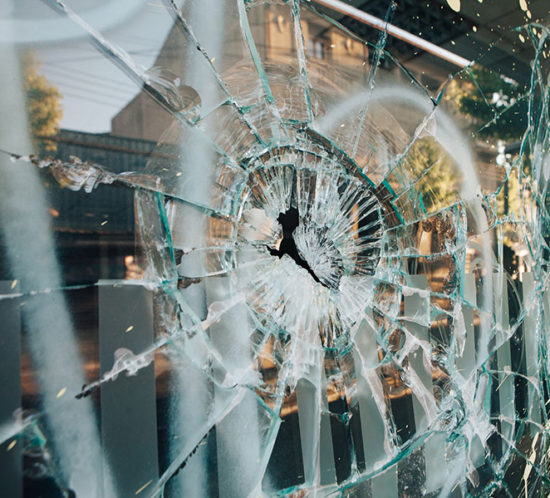Steps retailers can take to minimize their COVID-19 liabilities

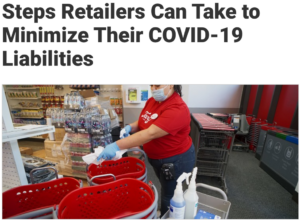
Many retailers were concerned about their COVID-19 liabilities as they started to reopen their doors amidst the pandemic. Attorney Kevin Murch shared information to help retailers make sure they were doing their due diligence to minimize risks. Read his full article with tips for businesses featured in Total Retail.


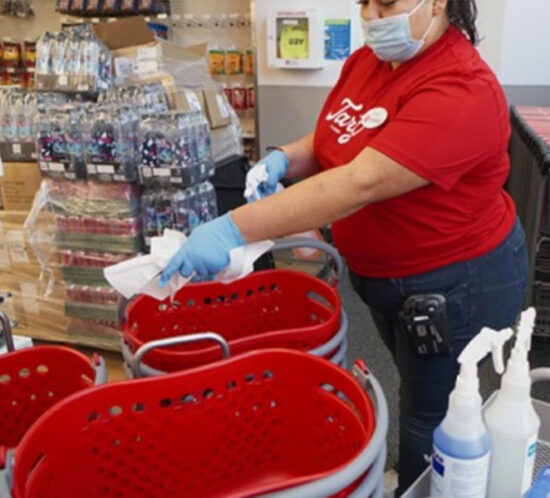







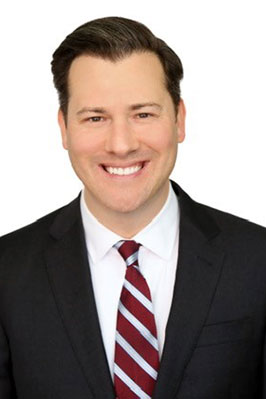


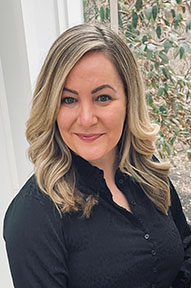 Anne Marie defends clients in all general litigation claims from inception to resolution, including claims of property damage, personal injury, wrongful death, and breach of contract. She has experience working in all levels of the judicial system in numerous states.
Anne Marie defends clients in all general litigation claims from inception to resolution, including claims of property damage, personal injury, wrongful death, and breach of contract. She has experience working in all levels of the judicial system in numerous states.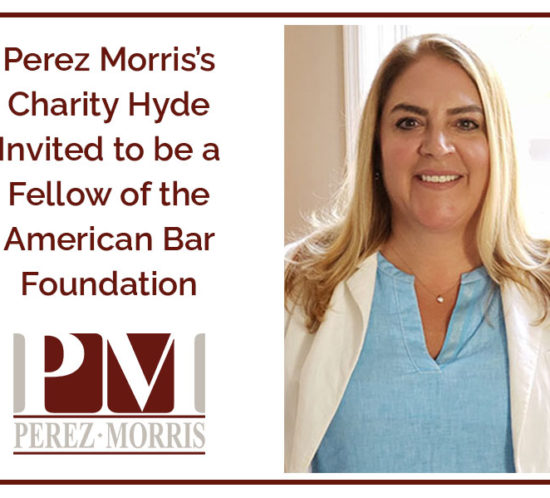
 Philadelphia, Pa. (January 14, 2020) – Today, Perez Morris announces that Charity Hyde, Managing Attorney of the firm’s Northeast offices, has been invited to join the Fellows of the American Bar Foundation. Although nationally known as Perez Morris, the firm operates as Perez Morris Hyde LLC throughout the Northeast.
Philadelphia, Pa. (January 14, 2020) – Today, Perez Morris announces that Charity Hyde, Managing Attorney of the firm’s Northeast offices, has been invited to join the Fellows of the American Bar Foundation. Although nationally known as Perez Morris, the firm operates as Perez Morris Hyde LLC throughout the Northeast.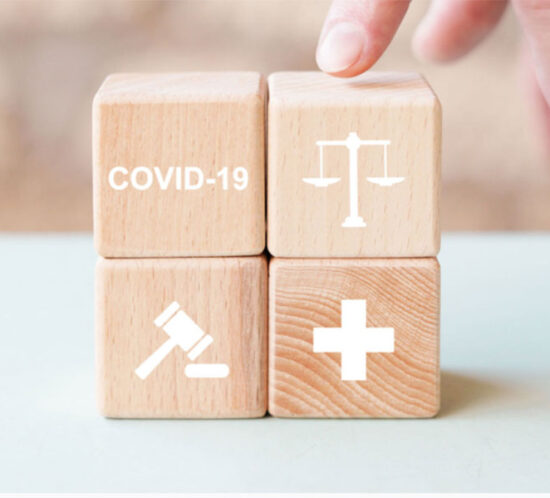

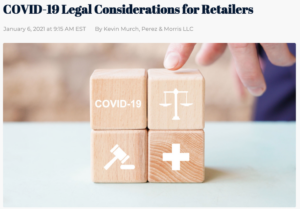
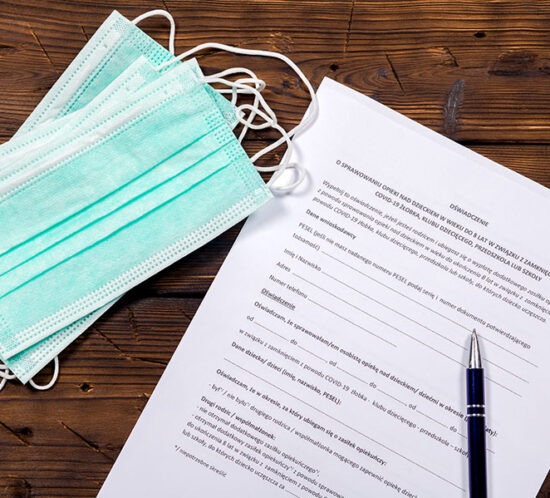
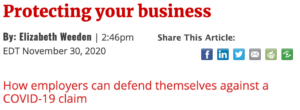
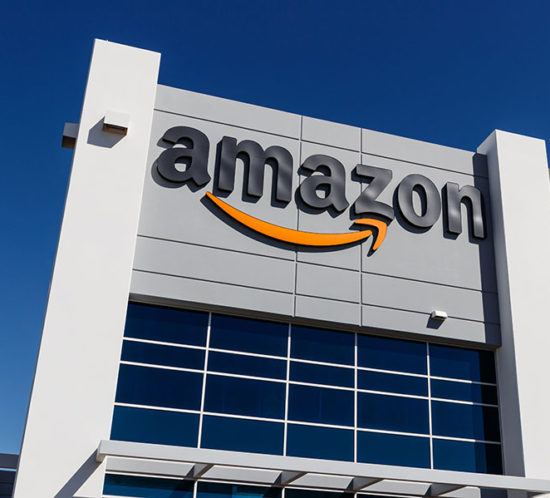
 Kevin brings 20 years of litigation and trial experience representing clients in complex, commercial litigation matters to Perez Morris LLC. He focuses much of his practice on defending product liability cases. Kevin also represents financial industry clients in all facets of securities disputes.
Kevin brings 20 years of litigation and trial experience representing clients in complex, commercial litigation matters to Perez Morris LLC. He focuses much of his practice on defending product liability cases. Kevin also represents financial industry clients in all facets of securities disputes.